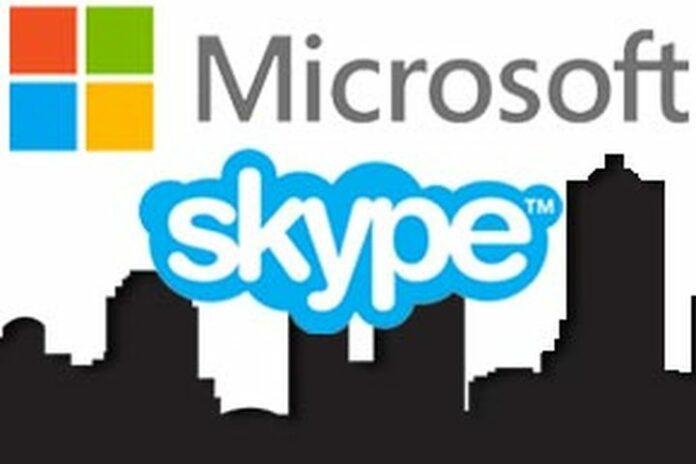In July, Microsoft announced that it would stop supporting Skype Classic on Sept. 1 and require users to move to the new version of the online video communications application if they wanted to continue using the service.
But that July 16 directive didn’t go over well with many Skype users, who flooded a Microsoft community web page with criticisms of the move and complaints about problems they have experienced using the latest Version 8.0 of Skype.
Now, after listening hard to the critiques, Microsoft has announced that the planned ending of support for Skype Classic, also known as Skype 7.0, is off the table—at least for now.
In an Aug. 6 update on the Microsoft Community page, a Skype page moderator named Babs announced the company’s change of heart.
“Update: Based on customer feedback, we are extending support for Skype 7 (Skype classic) for some time,” wrote Babs. “Our customers can continue to use Skype classic until then. Thanks for all your comments—we are listening. We are working to bring all the features you’ve asked for into Skype 8. Watch this space.”
In response to an email query from eWEEK, a Microsoft spokesperson said the company had no further comment on the move. The spokesperson would not say how long Microsoft will continue to support Skype Classic.
Several users posted comments about their happiness with Microsoft changing its mind for now.
“WHOOPEE!,” wrote user JPLIT in an Aug. 6 reply to the latest announcement. “We’re all watching—let’s hope what you have to offer in the near future is a decided improvement on the impoverished Skype you were about to offer!”
Another user, Andre Da Costa
,
called the company’s reversal a “very smart decision. I hope Microsoft uses this experience of ‘listening to the customer first.’ If we say we don’t like something and you are getting a lot of complaints, follow our directions.”
User Lunalei had just a few words for Microsoft: “Thank you for listening.”
Microsoft began rolling out the new Skype 8.0 version on July 16, featuring a list of enhancements, including high-definition group calling with up to 24 participants. But with the new version, the company also announced that it would end support for Skype 7.0, leaving users with no alternative but to use 8.0 if they wanted to continue to use Skype.
Over the past few years, Microsoft has been transitioning the Skype communications platform from its peer-to-peer past to a cloud-native architecture backed by the Azure cloud-computing platform, a move the company claims opens up new, more advanced functionality such as Skype Bots, Skype Translator and more. Slowly but surely, those behind-the-scenes capabilities began to impact the Skype client software offerings, resulting in more modern, mobile-friendly interfaces. For these reasons and others, Microsoft said it would have to end support for Skype 7.0 entirely as it moved on to the newer technologies for the platform.
Several IT analysts said the change of heart by Microsoft on ending support for the older version is wise.
“People really don’t like change, and often companies have to roll back changes if they are too aggressive, due to customer resistance,” said Rob Enderle, principal analyst with Enderle Group. “Microsoft discovered that trying to force a change against user objections can end really badly with previous products like Windows 8 and Vista. They apparently are applying that learning here and giving people more time to get comfortable with the changes.”
That delay will also give Microsoft’s developers more time to better understand the concerns of affected users and possibly address them better in a future release, said Enderle. “Given that alternatives like Zoom are making a lot of headway of late, keeping customers happier and on Skype appears to be a wise move because angry customers will move … to a competitive platform.”
Dana Gardner, principal analyst with Interarbor Solutions, agreed. “Users know best, and I’ve heard from many users that Skype for Businesses has been less reliable and less easy to use—not to mention more expensive—than the classic Skype,” said Gardner. “So, if it’s not broken, don’t fix it. And if it is broken, don’t shove it down people’s throats.”
